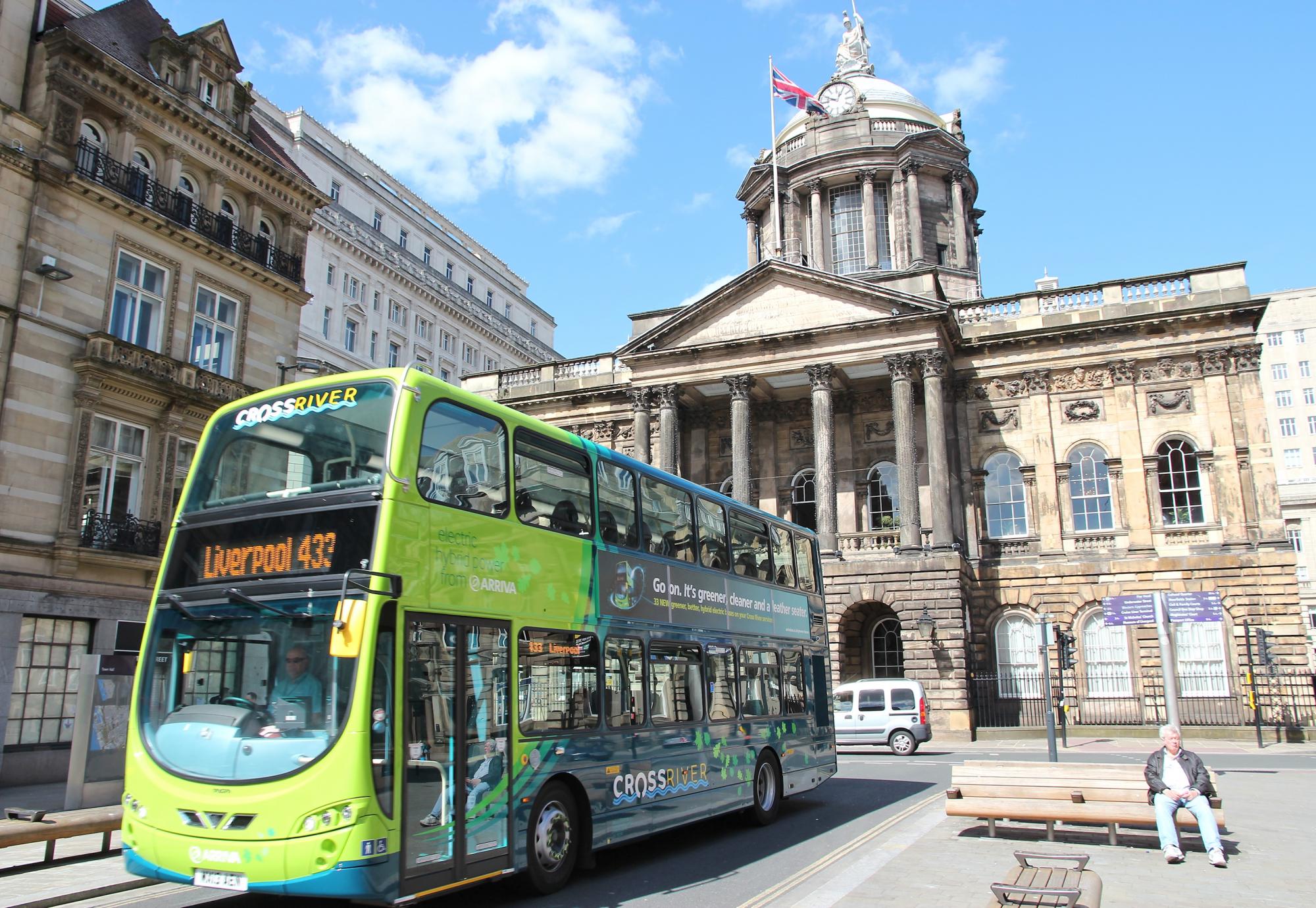The Liverpool City Region Combined Authority has taken an important step towards a major reform of its buses in a move that would see services taken back into public control.
Leaders on the combined authority voted unanimously to confirm franchising as the region’s preferred future model for running the bus network and services, a move that would reverse the industry’s deregulation in the mid-1980s.
More than 80% of journeys on the city region’s public transport network, over 400,000 a day, are made by bus, providing many people with a vital lifeline that connects them with work and opportunity, family and friends, and much more.
The move is a key part of Liverpool City Region Mayor, Steve Rotheram’s pledge to reform the region’s transport by building a London-style system that will make travelling around it quicker, cheaper, greener and more reliable.
Under the plans, buses would better integrate with other modes of transport, like the region’s new fleet of publicly owned trains.
As well as this, ticketing would be made simpler and more convenient with the introduction of a tap and go system with daily fare caps, meaning that passengers would always pay the cheapest fare.
Mr Rotheram said that franchising would allow passengers to enjoy cheaper, quicker and more reliable services and was now identified as the preferred option to deliver a bus network designed around the needs of local people, not private shareholders.
Speaking after the decision, he said:
“Good public transport is the hallmark of any modern, successful city region and buses are its backbone. Hundreds of thousands of people rely on our region’s buses every single day. They are a lifeline for connecting people in our communities with each other and opportunity.
“But too many feel left behind by a system that simply does not work for them. In too many places, public transport is too confusing, too unreliable and too expensive. Liverpool City Centre can sometimes feel as far away as London.
“We have taken a massive step towards putting that right. Thanks to devolution, we have the power to roll back the 1980s and reverse four decades of disastrous deregulation. We’re taking back control of our bus network and running it in the interests of local people, not private shareholders.
“This vote is the culmination of years of hard work, but it is only one step towards achieving my vision for a London-style transport network. I want to make travelling round our region cheaper, quicker, greener and more reliable, and to simplify ticketing under a tap and go system that means you’ll always pay the cheapest fare.
“Our region should not have to settle for a second-class service. This is a massive step towards building the transport network our 1.6m citizens deserve.”
The report taken before the Liverpool City Region Combined Authority summarises the Outline Business Case, finding that bus franchising is the most favourable option in most aspects and would help deliver the region’s broader ambitions.
Bus franchising would allow the combined authority to specify the bus network, set fares and control fare policy.
It would also give the authority control over when and where buses operate in the interests of users, rather than leaving service and network decisions to private operators, who currently have the power to withdraw bus routes.
In addition, the combined authority could take greater control over the bus fleet, helping it to achieve the city region’s net zero carbon ambitions.
The decision triggers the next stage of the process, which includes additional work to complete the bus franchise business case and an independent assessment, before launching a public consultation.
In 2018, the combined authority held a Big Bus Debate, in which thousands of people said what they wanted from their bus services.
They asked for a bus system that is more reliable, easier to understand, more convenient and better value for money.
They also wanted an easier to understand bus service that was punctual, reliable and affordable.
PSE will be hosting a Public Sector Decarbonisation in association with Liberty Charge virtual event on 17 March 2022. Join us for the full day event by registering here.



















